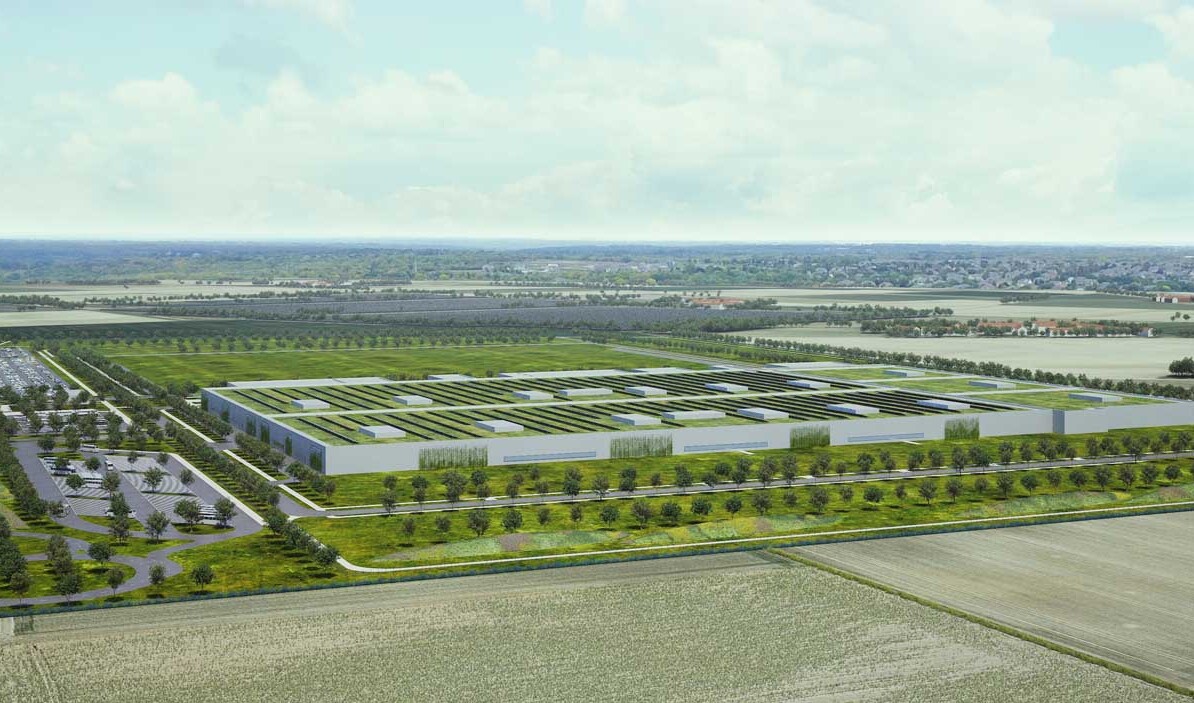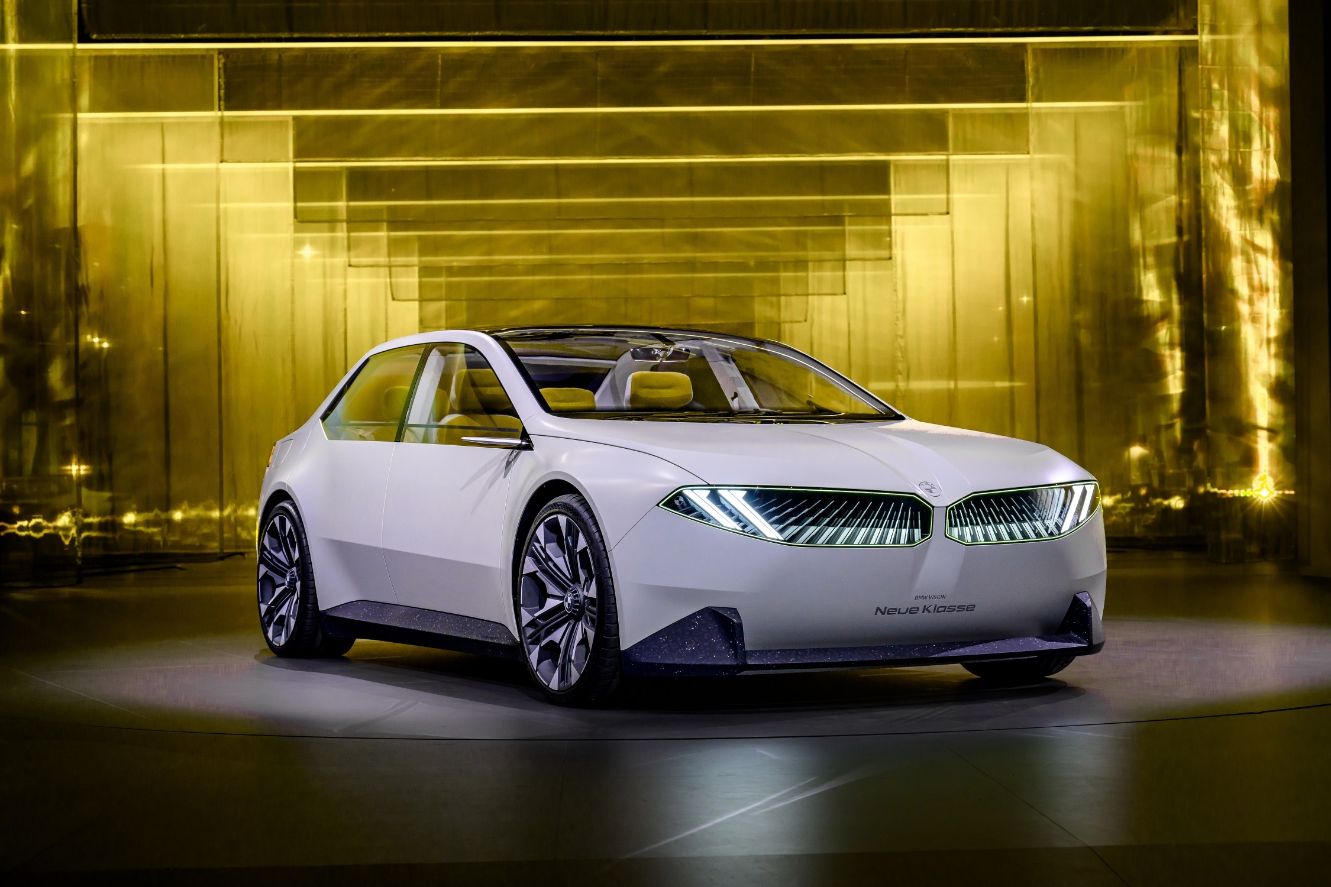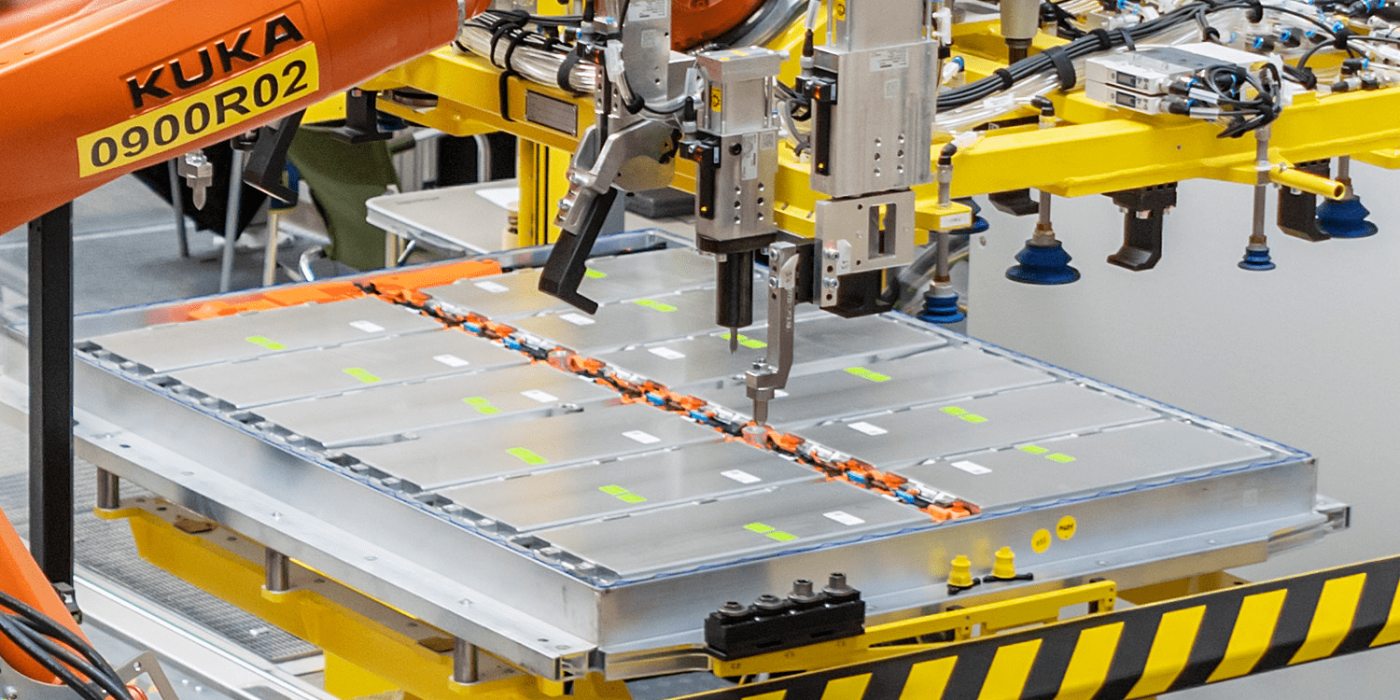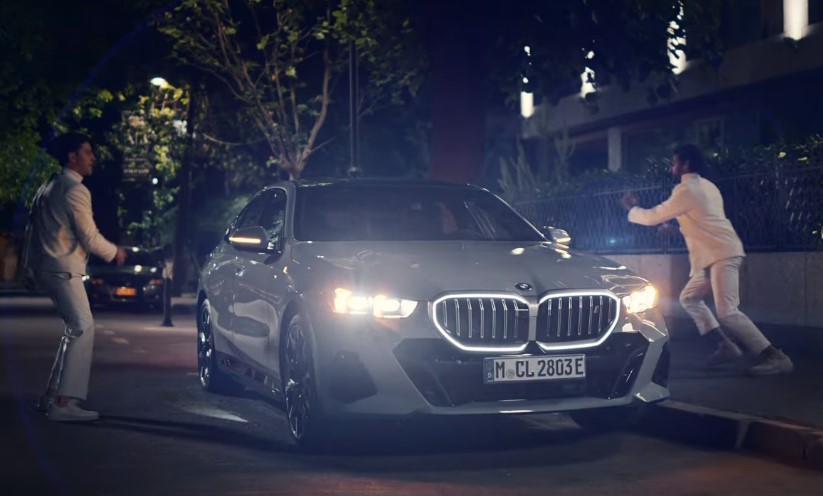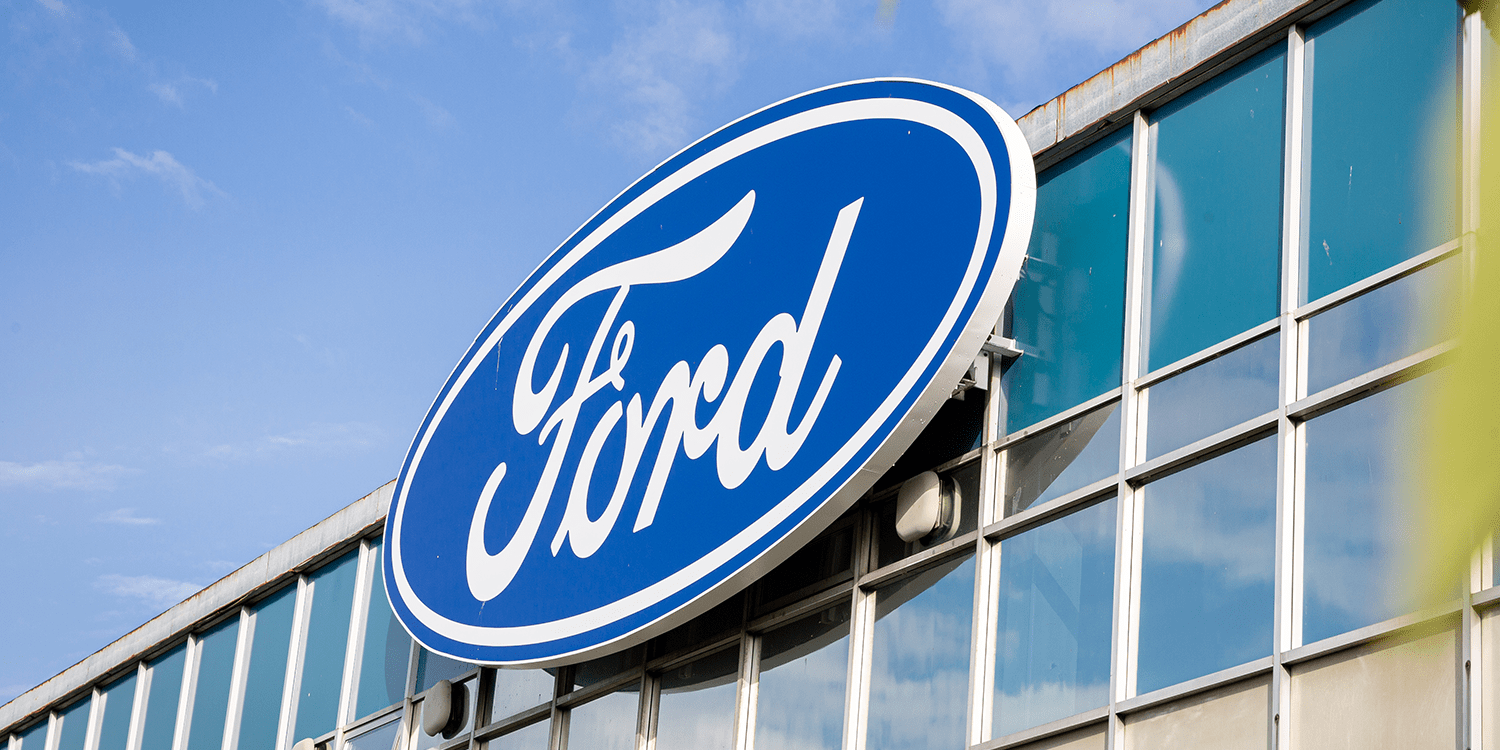The residents of Straßkirchen have overwhelmingly voted in favor of the construction of the new BMW Group facility, which is set to become a crucial component of BMW’s electric vehicle production network. The referendum saw over 75 percent of voters support the council’s motion for a “Yes to a BMW assembly plant for high-voltage batteries.” With approximately 77 percent voter turnout, this decision paves the way for BMW to assemble 600,000 high-voltage batteries annually for its electric cars, supplying its key car plants in Munich, Dingolfing, and Regensburg.
The significance of the proposed plant in Straßkirchen cannot be overstated, as it is poised to serve as the central hub for battery assembly and logistics due to its strategic proximity to the vehicle manufacturing facilities. Had the referendum yielded a different outcome, BMW would have been forced to reconsider its plans, potentially resulting in delays and additional costs. It remained uncertain whether BMW would have pursued an alternative location in Bavaria or explored options beyond its borders, such as in the Czech Republic.
See also: BMW Acquires Plot for Battery Assembly Plant in Bavaria for “New Class” Electric Cars
The origins of the referendum can be traced back to February when BMW secured 105 hectares of land in Straßkirchen and Irlbach. Local opposition emerged in response, led by the “Citizens’ Initiative for a Livable Gaeuboden,” which expressed concerns about the impact on valuable farmland and the transportation of up to 600,000 high-voltage batteries annually via trucks from nearby motorways to the plant. Pre-referendum polls had suggested a much closer contest.
Milan Nedeljković, a member of the BMW AG Board of Management responsible for Production, expressed satisfaction with the outcome, stating, “The people of Straßkirchen have voted for a joint future with the BMW Group, taking advantage of the opportunities presented by the shift toward electromobility.” He emphasized that the planned location would secure the future of BMW’s Bavarian vehicle plants by ensuring a steady supply of high-voltage batteries for electric vehicles.
See also: European Parliament approves to ban combustion engine vehicles from 2035
Ilka Horstmeier, a BMW AG Board of Management member responsible for Human Resources and Real Estate, also welcomed the results, noting that it signaled support for investment in future-oriented technologies and jobs. She highlighted the importance of transparent processes and open discussions in reaching a reliable decision. Horstmeier’s comments underscored the broader significance of the referendum, casting it as a vital signal for Germany’s industrial landscape as a whole.
Prior to the vote, Horstmeier had cautioned about the potential consequences of rejection, warning that it could deter companies from investing in sustainable technologies and jobs in Bavaria. She stressed that the decisions made by the citizens of Straßkirchen could impact Bavaria’s attractiveness as a business location, as the migration of future technologies and jobs often leads to long-term consequences.
BMW’s next step in the construction of the Straßkirchen plant is scheduled for October, involving the second public presentation of the project plans. At that time, a plethora of expert reports commissioned by BMW Group on the project’s effects will also be made available.
See also: BMW Commences Construction of High-Voltage Battery Logistics Centre at Leipzig Plant
Upon completion of the initial construction phase, the BMW Group intends to employ approximately 1,600 people at the future production site, with about 70 percent coming from existing BMW Group locations, allowing for the sharing of valuable knowledge during the construction phase. Moreover, around 7,500 BMW Group employees already reside within a 20-kilometer radius of the planned location. In collaboration with Plant Dingolfing, BMW plans to offer approximately 50 apprenticeships at the site.
It is worth noting that the BMW Group has already established a permanent presence in the municipalities of Straßkirchen and Irlbach, making it liable for business tax since August of the current year, irrespective of the plant’s construction progress.

